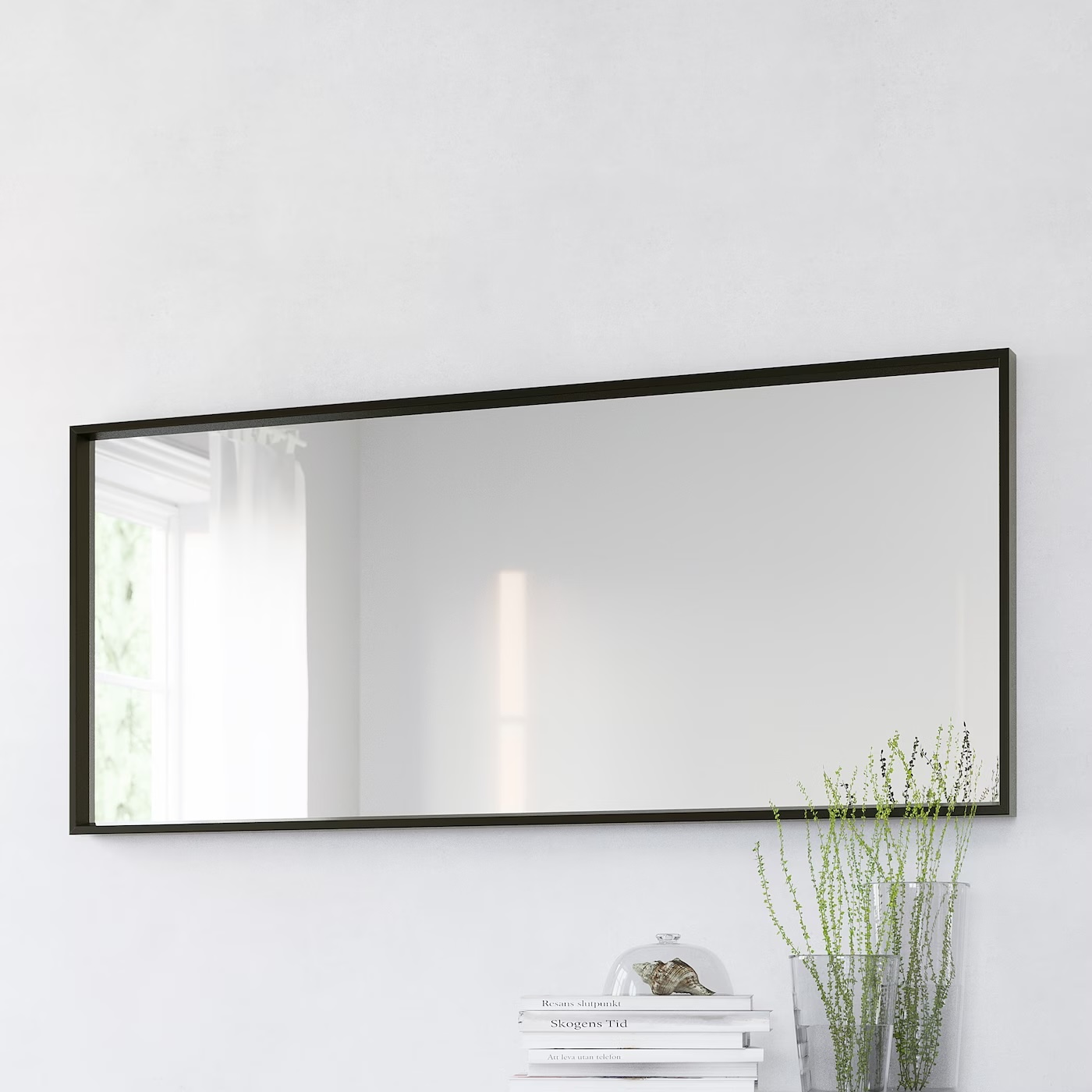

Articles
How Much Do Mirrors Cost
Modified: October 20, 2024
Discover the average cost of mirrors in this informative article. Explore different types, sizes, and materials to find the perfect mirror for your space.
(Many of the links in this article redirect to a specific reviewed product. Your purchase of these products through affiliate links helps to generate commission for Storables.com, at no extra cost. Learn more)
Introduction
When it comes to enhancing the aesthetics and functionality of a space, mirrors play a vital role. Not only do mirrors serve as reflective surfaces, but they also add depth and create an illusion of more space. Whether you are considering adding a mirror to your home, office, or any other setting, it’s essential to understand the factors that affect mirror costs.
In this article, we will explore different types of mirrors, factors that impact their pricing, and things to consider when buying one. Additionally, we will delve into the factors that may affect mirror installation costs, helping you make informed decisions and get the most out of your mirror investment.
So, if you’re curious about how much mirrors cost and what factors influence their pricing, read on to discover all the essential information you need to know.
Key Takeaways:
- Factors such as size, quality, frame, and customization options significantly impact mirror pricing. Balancing budget with desired features ensures a functional and durable investment.
- Understanding the purpose, style, and proportions of mirrors helps in selecting the right type for any space. Consider installation factors to ensure a successful and cost-effective outcome.
Read more: How Much Do Grills Cost
Factors Affecting Mirror Costs
Several factors come into play when determining the cost of a mirror. Understanding these factors will give you a better idea of why prices may vary and what to expect when purchasing a mirror. Here are some key factors that can influence mirror costs:
- Size: One of the primary factors that affect mirror costs is its size. Generally, larger mirrors tend to be more expensive due to the materials and labor required to produce and transport them. Smaller mirrors, on the other hand, may be more affordable.
- Quality and Thickness: The quality and thickness of the mirror glass also impact the price. Mirrors with higher quality glass, such as those with low iron content for improved clarity, may be priced higher than standard mirrors. Additionally, thicker mirrors tend to be more expensive as they require more materials and expertise during production.
- Frame: Mirrors can come with or without a frame. Frames can add an aesthetic touch and provide extra protection to the mirror edges. The cost of a mirror may vary based on the type and quality of the frame material, such as wood, metal, or plastic.
- Design and Style: The design and style of the mirror can also impact its cost. Intricate or unique designs, such as ornate frames or beveled edges, may command a higher price due to the craftsmanship involved.
- Brand: The brand of the mirror can also influence its cost. Well-known and reputable brands often have higher price tags due to their reputation for quality and durability. However, it’s essential to research and consider lesser-known brands that offer good quality mirrors at more affordable prices.
- Customization: If you’re looking for a custom-made mirror with specific dimensions, shapes, or features, expect to pay a premium price. Customization adds to the production time and requires specialized expertise, which can increase the overall cost.
Keep in mind that these factors interact with each other, and prices can vary significantly depending on the specific combination of factors. It’s important to consider your budget and requirements when choosing a mirror.
Types of Mirrors
Mirrors come in various types, each serving a specific purpose and offering unique features. Understanding the different types of mirrors available can help you choose the one that best suits your needs and budget. Here are some common types of mirrors:
- Wall Mirrors: Wall mirrors are probably the most common and versatile type of mirrors. They come in various shapes and sizes and can be mounted on walls in different areas of a space. Wall mirrors are perfect for adding depth, light, and visual interest to rooms.
- Bathroom Mirrors: Bathroom mirrors are specifically designed for use in bathrooms. They are often equipped with features like built-in lighting, anti-fog coatings, and adjustable angles for convenience and functionality in a humid environment.
- Floor Mirrors: Floor mirrors, also known as full-length mirrors, are usually large and freestanding. They are ideal for dressing rooms, bedrooms, or any space where you need a full view of yourself. Floor mirrors can make a room feel more spacious and serve as a stylish statement piece.
- Decorative Mirrors: Decorative mirrors are designed to add a touch of elegance and style to a space. They come in various shapes, including round, oval, and rectangular, and often feature intricate frames or decorative details. Decorative mirrors can be used as focal points in rooms or as accent pieces to enhance the overall aesthetic.
- Vanity Mirrors: Vanity mirrors are typically smaller mirrors placed on a vanity or dressing table. They are commonly used for grooming and makeup application. Vanity mirrors come in various shapes and can have features like magnification for detailed tasks.
- Smart Mirrors: Smart mirrors are a modern innovation that combines a mirror with smart technology. They can display information like weather, news, or even function as a touchscreen for controlling smart home devices. Smart mirrors are a high-end option and tend to be more expensive than traditional mirrors.
Each type of mirror has its own benefits and can contribute to the overall aesthetics and functionality of a space. Consider your specific needs and preferences when choosing the type of mirror for your project.
Mirror Pricing
When it comes to mirror pricing, it’s important to note that there is a wide range of options available to accommodate different budgets and preferences. Mirror prices can vary based on factors such as size, quality, design, and brand. Here is a breakdown of potential price ranges for different types of mirrors:
- Standard Wall Mirrors: For basic, framed wall mirrors without any special features, prices can start as low as $20 and go up to a few hundred dollars, depending on the size and brand.
- Bathroom Mirrors: The cost of bathroom mirrors can range between $50 and $300, depending on the size, features (such as lighting or built-in defogging), and quality of the mirror.
- Floor Mirrors: Floor mirrors tend to be larger and sturdier, which can impact the price. Prices for floor mirrors can range from $100 to $500 or more, depending on the size, design, and brand.
- Decorative Mirrors: Decorative mirrors often come with unique frames or intricate designs, contributing to a higher price range. Prices for decorative mirrors can start around $50 and go up to several hundred dollars, depending on the size, design details, and brand.
- Vanity Mirrors: Vanity mirrors typically have smaller dimensions and can range in price from $30 to $200, depending on factors such as size, quality, and features like magnification.
- Smart Mirrors: Smart mirrors are at the higher end of the pricing spectrum due to their advanced technology and features. Prices for smart mirrors can start around $200 and go up to several thousand dollars, depending on the brand, features, and customization options.
Remember that these price ranges are just a general guideline, and specific prices can vary based on factors like location, availability, and discounts. It’s also worth considering that installation costs are typically not included in the purchase price of the mirror.
When comparing prices, be sure to consider the overall quality, reputation of the brand, and reviews from other customers to ensure you are getting a mirror that offers both value and durability.
When shopping for mirrors, consider the size, frame material, and quality of the glass. Prices can range from $20 for a small basic mirror to over $500 for a large, high-quality mirror with a decorative frame.
Factors to Consider When Buying a Mirror
Choosing the right mirror involves considering various factors to ensure it fits your needs and enhances the space where it will be displayed. Here are some important factors to consider when buying a mirror:
- Purpose: Determine the purpose of the mirror. Are you looking for a mirror for functional use, like in the bathroom or for grooming, or do you want to use it as a decorative element? Understanding the purpose will help you narrow down your options.
- Size and Proportions: Consider the size of the space where you plan to hang or place the mirror. Choose a mirror that is proportionate to the wall or area to ensure it doesn’t overpower or get lost in the surroundings.
- Style and Design: Reflect on the overall style and aesthetics of the space. Determine whether you want a mirror with a modern, minimalist, traditional, or eclectic design. Look for a mirror that complements the existing decor or adds a unique statement to the room.
- Quality: Assess the quality of the mirror glass and frame. Look for mirrors with high-quality glass that provides a clear and distortion-free reflection. Check the frame for sturdiness and durability, especially if the mirror will be in a high-traffic area.
- Installation: Consider the installation requirements. Some mirrors may require professional installation due to their weight, size, or complexity. Others may come with easy-to-install features like hooks or brackets.
- Budget: Set a budget for your mirror purchase. Determine how much you are willing to spend and explore options within that price range. Remember to consider the long-term value and durability of the mirror, rather than focusing solely on the initial cost.
- Brand and Reputation: Research different brands and their reputation for producing high-quality mirrors. Read reviews from other customers to get an idea of the mirror’s performance, longevity, and customer satisfaction.
- Customization Options: If you have specific requirements or preferences, consider whether customizing the mirror is a viable option. Custom-made mirrors can be tailored to your exact specifications in terms of size, shape, frame design, and additional features.
By carefully considering these factors, you can make an informed decision and choose a mirror that not only meets your functional needs but also enhances the aesthetics of your space.
Read more: How Much Do Pillows Cost
Factors That May Affect Mirror Installation Costs
When purchasing a mirror, it’s important to factor in the potential costs associated with installation. While some mirrors can be easily DIY-installed, others may require professional help. Several factors may influence the mirror installation costs. Here are some key factors to consider:
- Mirror Size and Weight: Larger and heavier mirrors are more challenging to install and may require additional support or specialized hardware. The size and weight of the mirror can affect the complexity of the installation process and potentially increase the installation costs.
- Mounting Surface: The type of wall or surface where the mirror will be installed can impact the installation process and cost. A solid wall made of materials like drywall, concrete, or brick may be more straightforward for installation. However, fragile or uneven surfaces may require additional preparation or reinforcement, adding to the installation costs.
- Location and Accessibility: The location of the mirror within a space can also affect the installation costs. If the mirror needs to be installed in a hard-to-reach or high-access area, it may require specialized equipment or additional labor, leading to higher installation expenses.
- Specialized Installation Requirements: Some mirrors have specific installation requirements. For example, mirrors with integrated lighting may involve electrical work, requiring a certified electrician. Mirrors that require custom-built frames or unconventional mounting methods may also involve additional expertise, which can increase the installation costs.
- Professional Installer: Hiring a professional installer can ensure a smooth and secure installation, especially for larger or more complex mirrors. The cost of hiring a professional will depend on factors such as their experience, location, and reputation. Obtaining multiple quotes and comparing the services of different installers can help you find the best option within your budget.
- Additional Services: Depending on the specific requirements of your installation, there may be additional services needed. This could include removing or disassembling existing mirrors, patching and repairing walls, or painting and touch-ups after installation. These additional services may come at an extra cost and should be taken into consideration when budgeting for mirror installation.
It’s crucial to assess the complexity of the installation process and determine whether it is within your capabilities or if professional assistance is necessary. Proper installation ensures the mirror’s longevity, safety, and optimal functionality, making it a worthwhile investment.
Conclusion
Choosing the right mirror involves considering various factors, from the type and design to the cost and installation requirements. By understanding these factors, you can make an informed decision that aligns with your budget and aesthetic preferences.
Factors such as size, quality, frame, and customization options can significantly impact mirror pricing. It is important to balance your budget with the desired features and ensure that you are investing in a mirror that offers both functionality and durability.
Additionally, considering the purpose, style, and proportions of the mirror will help you select the right type of mirror for your space. Whether you need a wall mirror, bathroom mirror, floor mirror, decorative mirror, vanity mirror, or even a smart mirror, understanding the different types available will help you make the best choice for your needs.
When it comes to installation, factors such as the size and weight of the mirror, the mounting surface, and the location of installation can affect the costs. While some mirrors can be easily installed as a DIY project, others may require professional assistance for a secure and flawless installation.
In conclusion, investing in a mirror can greatly enhance the aesthetic appeal and functionality of any space. By considering the factors mentioned in this article, you can make an informed decision, choose the right mirror, and ensure a successful installation. Remember to research different options, compare prices, and read customer reviews to make the most out of your mirror investment.
Frequently Asked Questions about How Much Do Mirrors Cost
Was this page helpful?
At Storables.com, we guarantee accurate and reliable information. Our content, validated by Expert Board Contributors, is crafted following stringent Editorial Policies. We're committed to providing you with well-researched, expert-backed insights for all your informational needs.

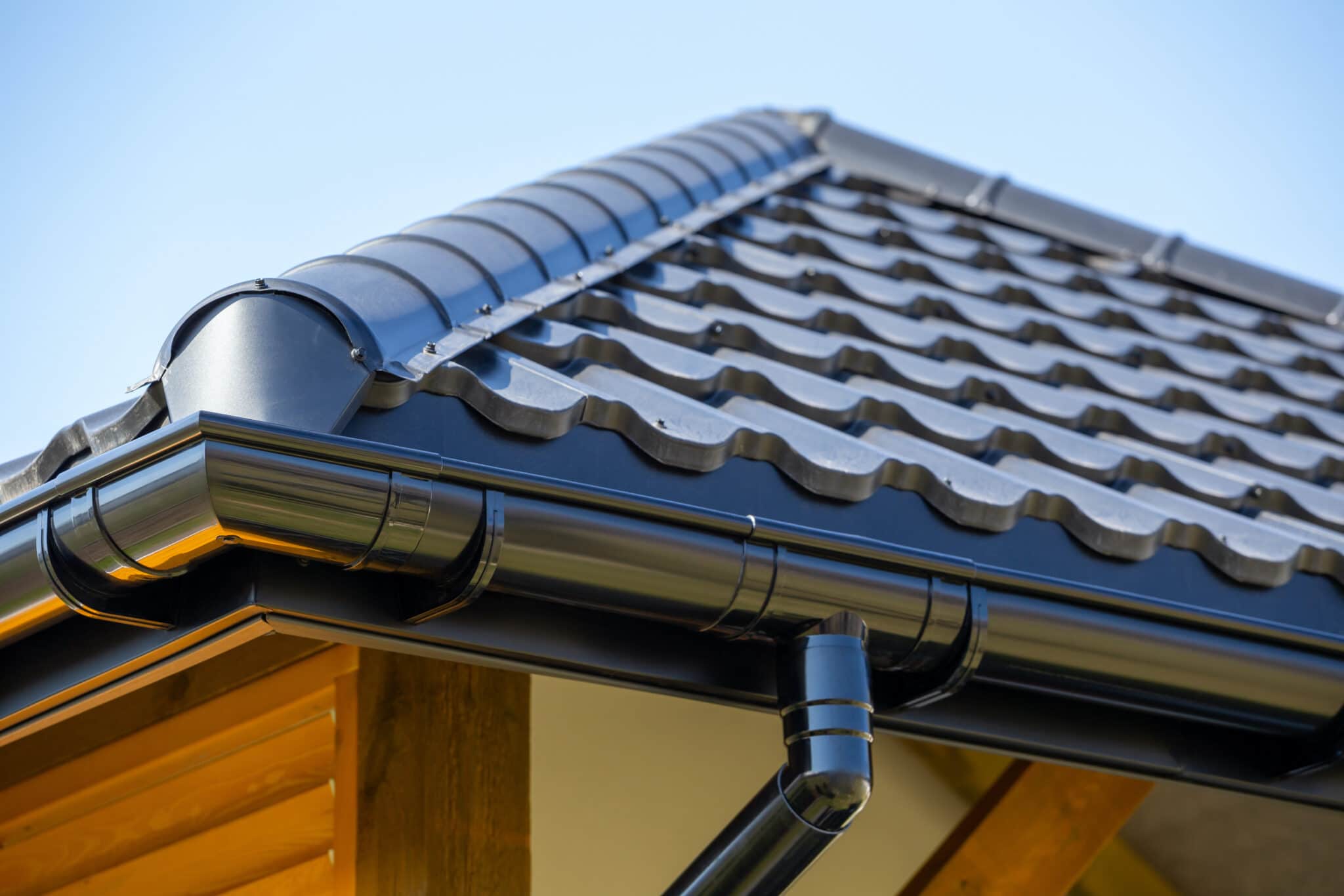
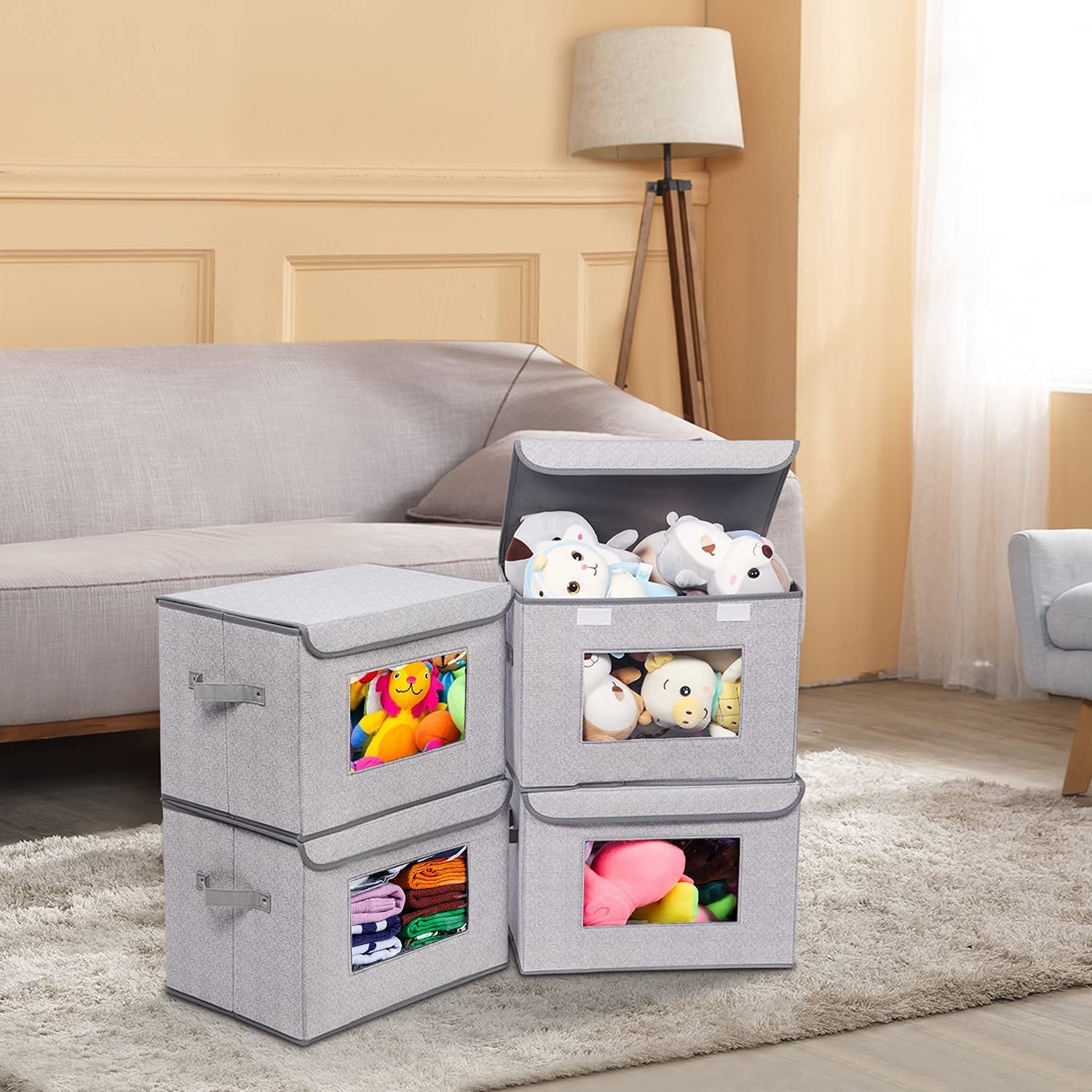
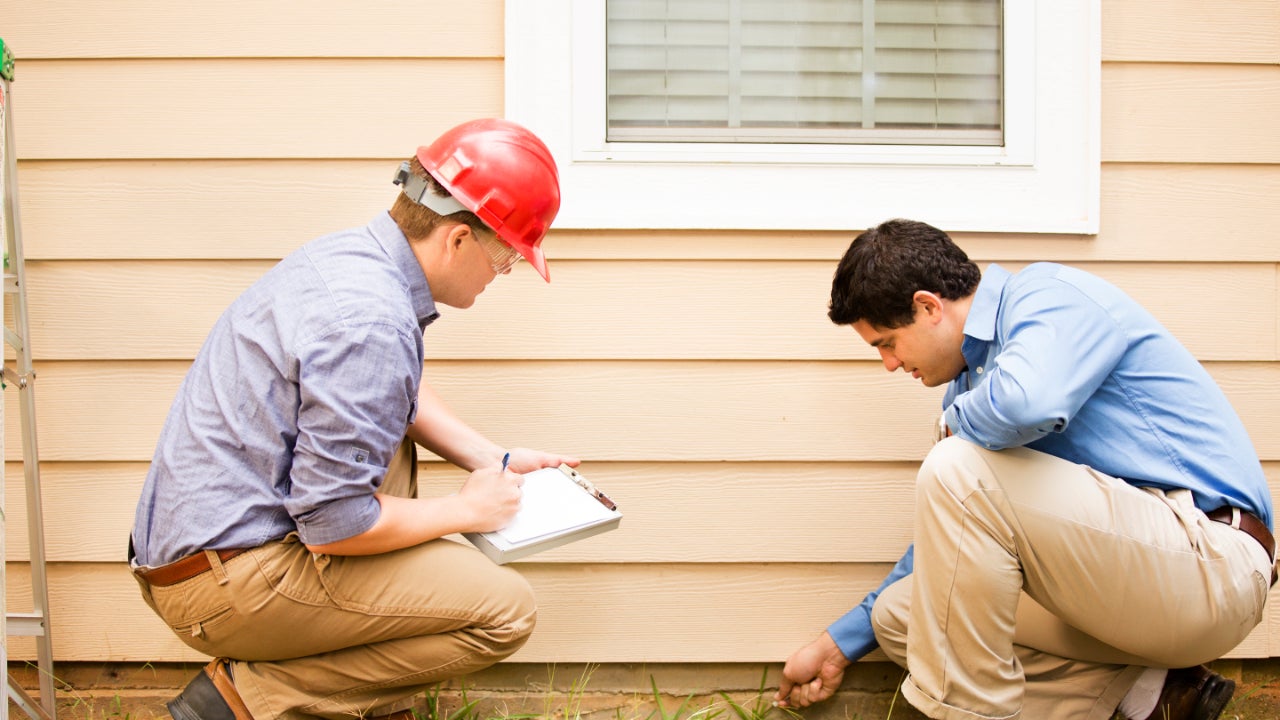
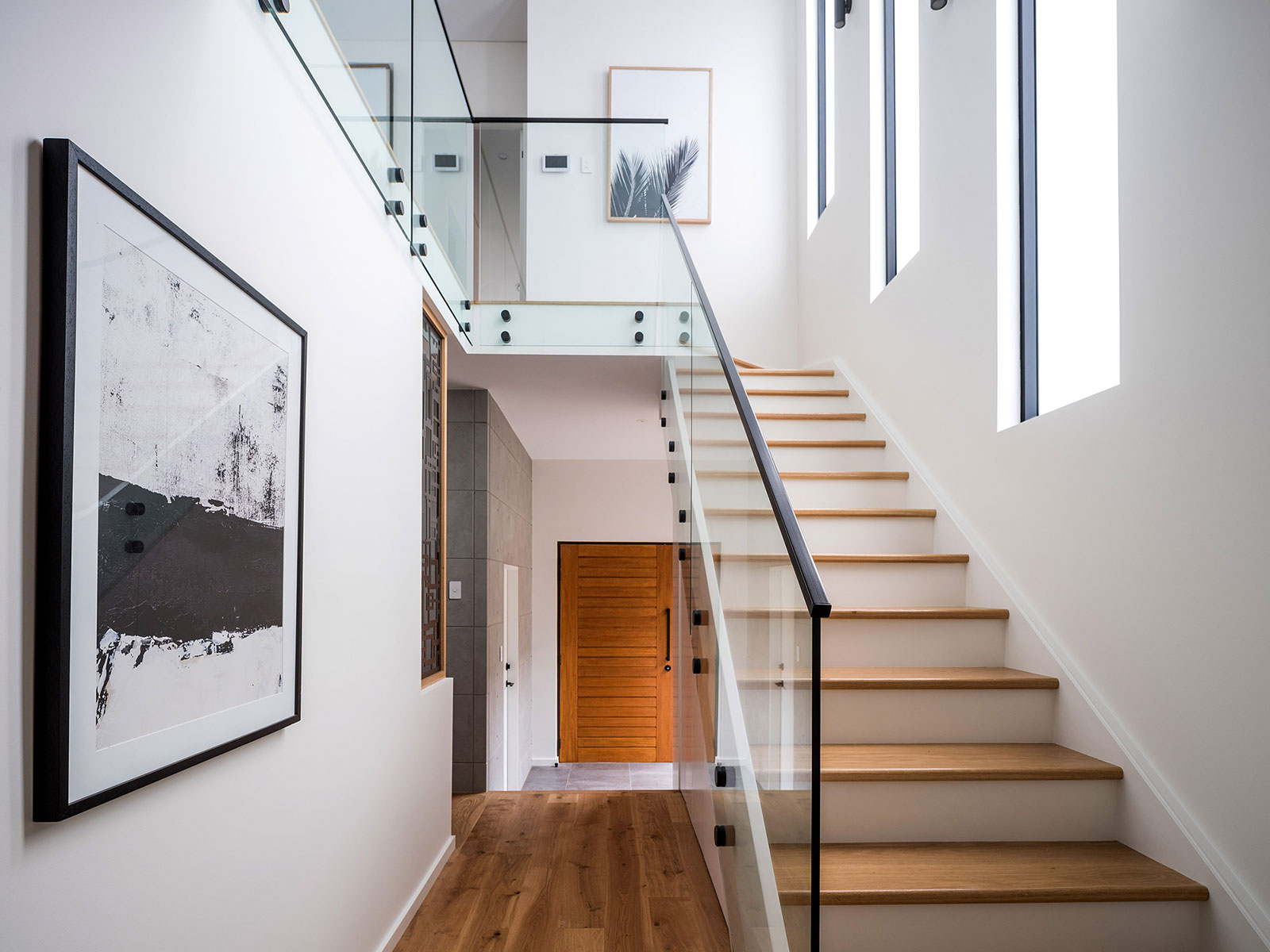
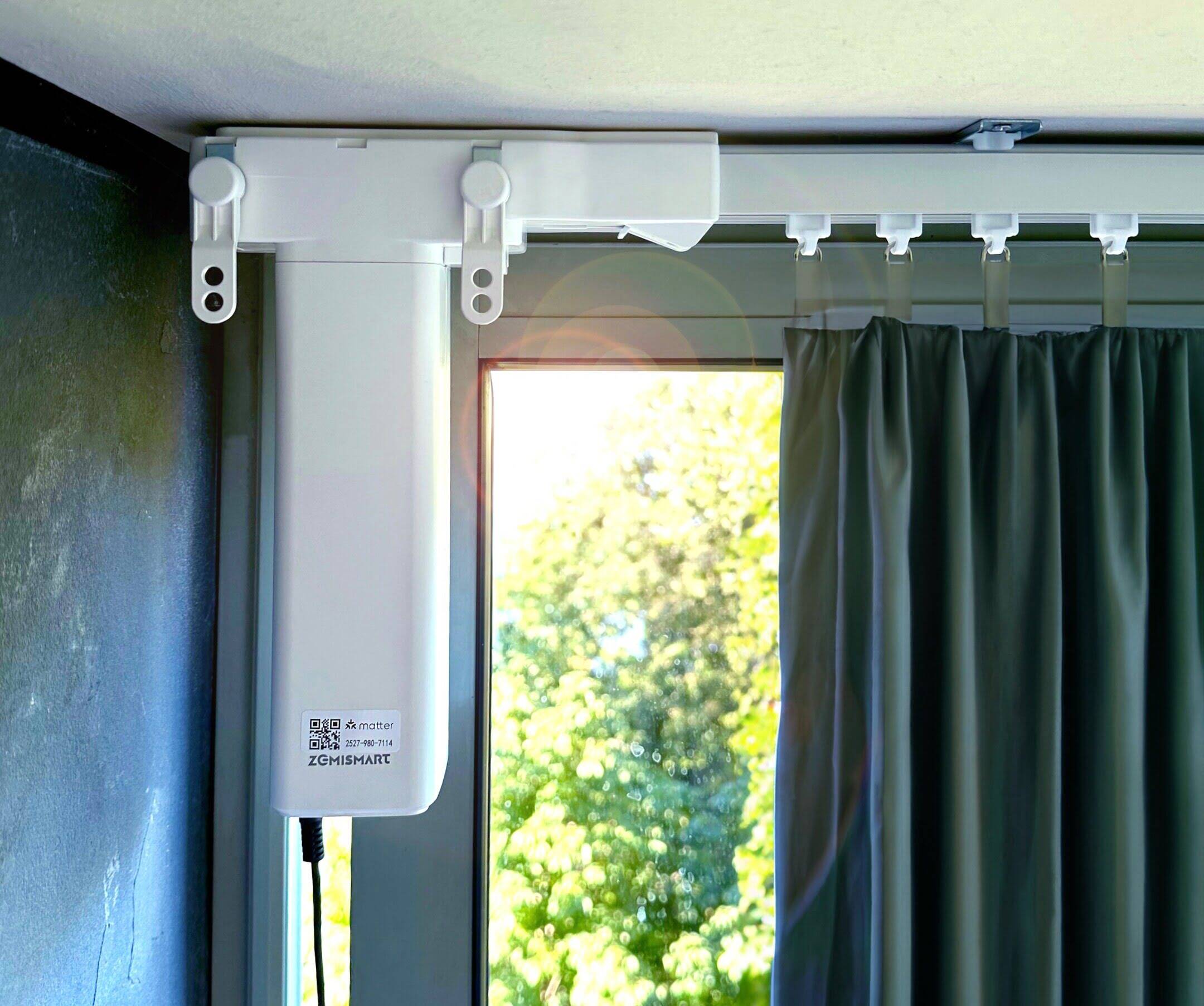
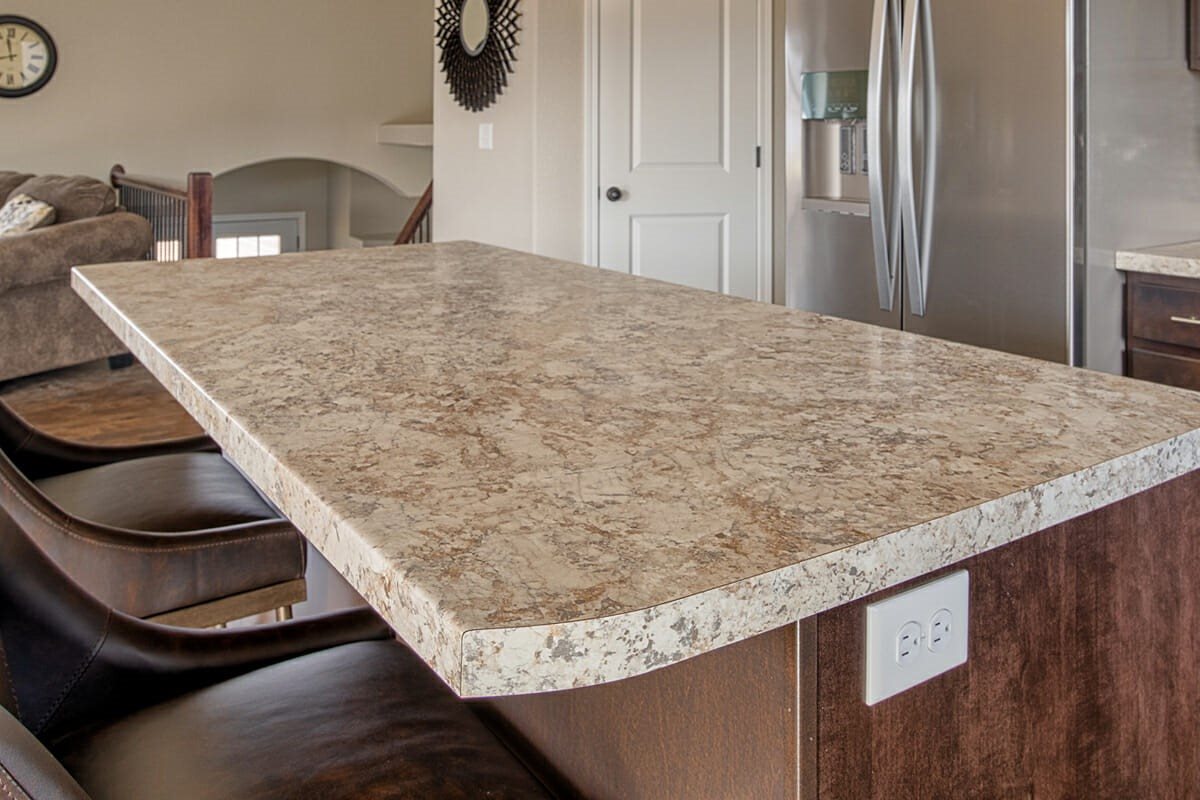
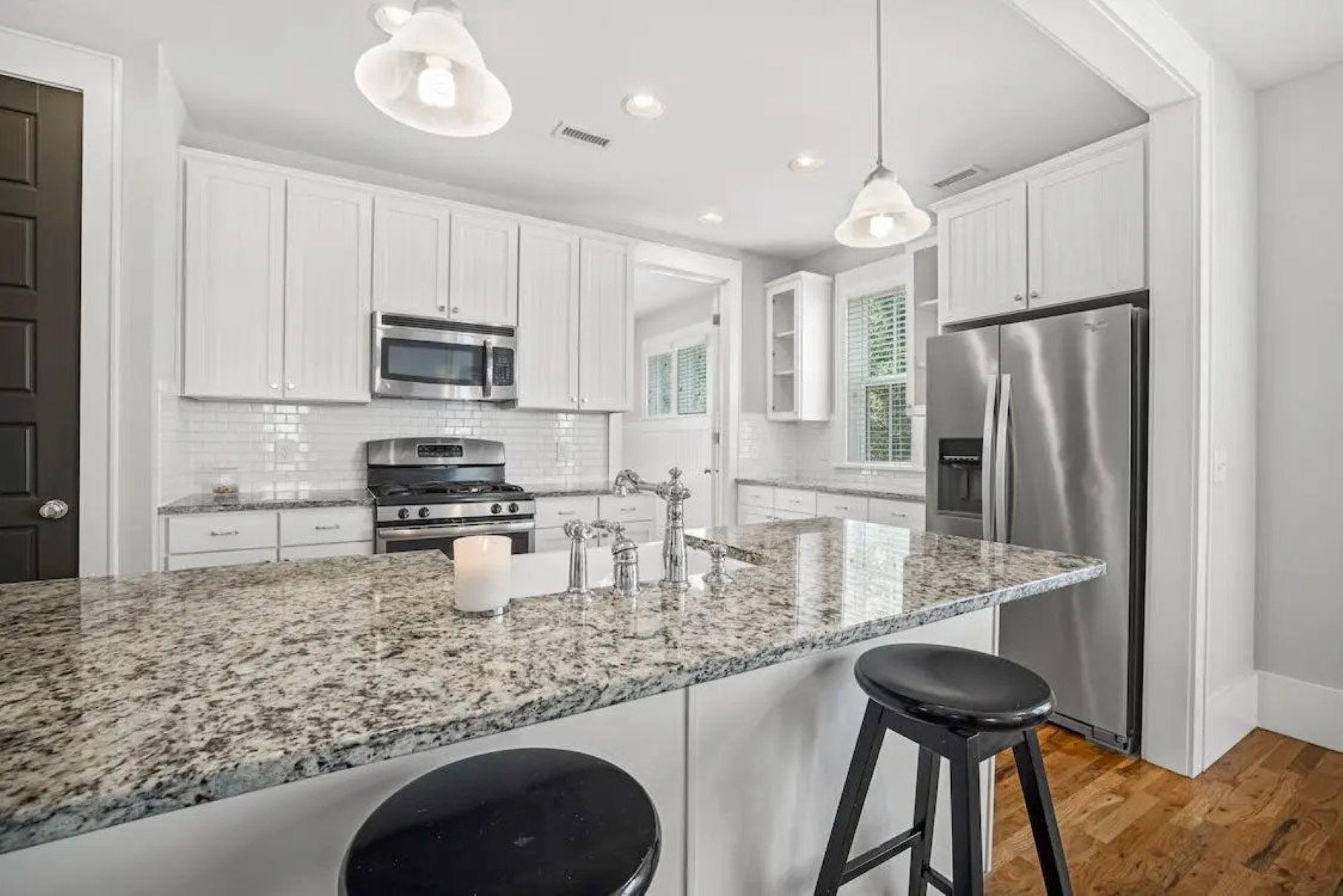
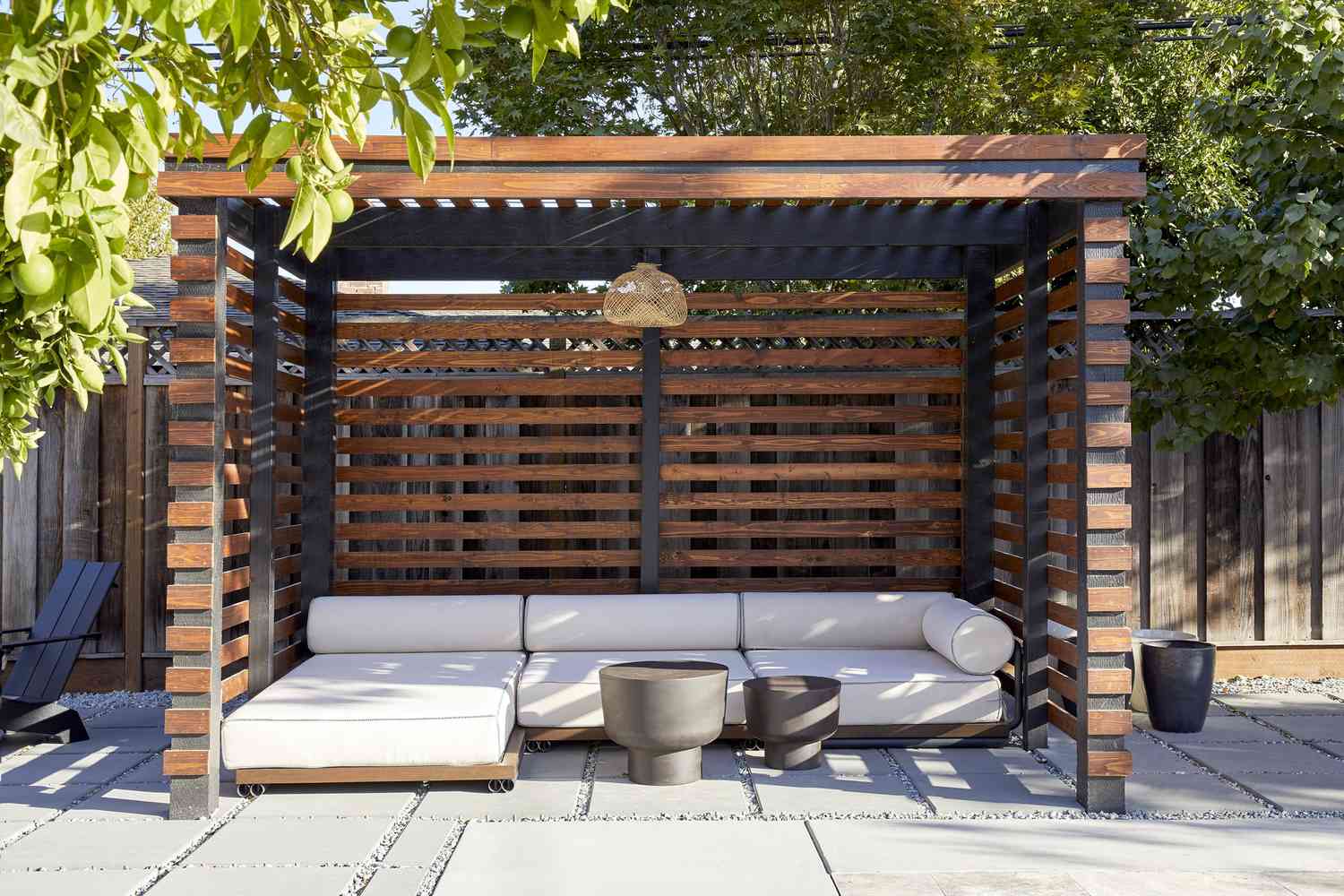
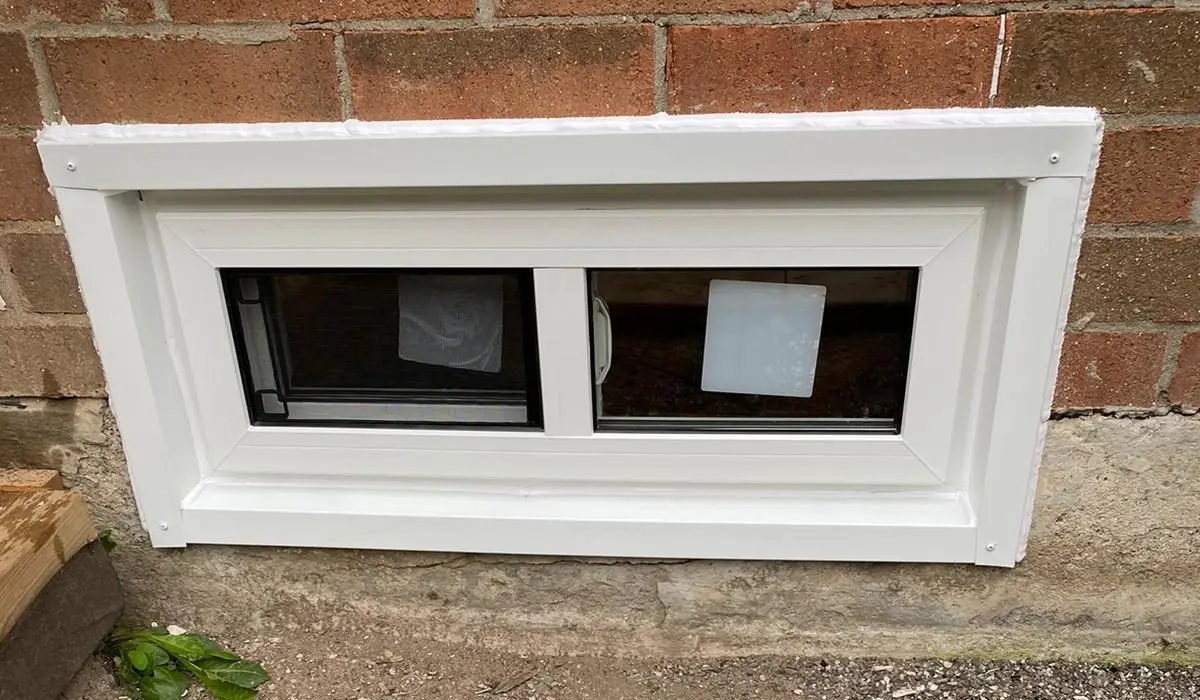
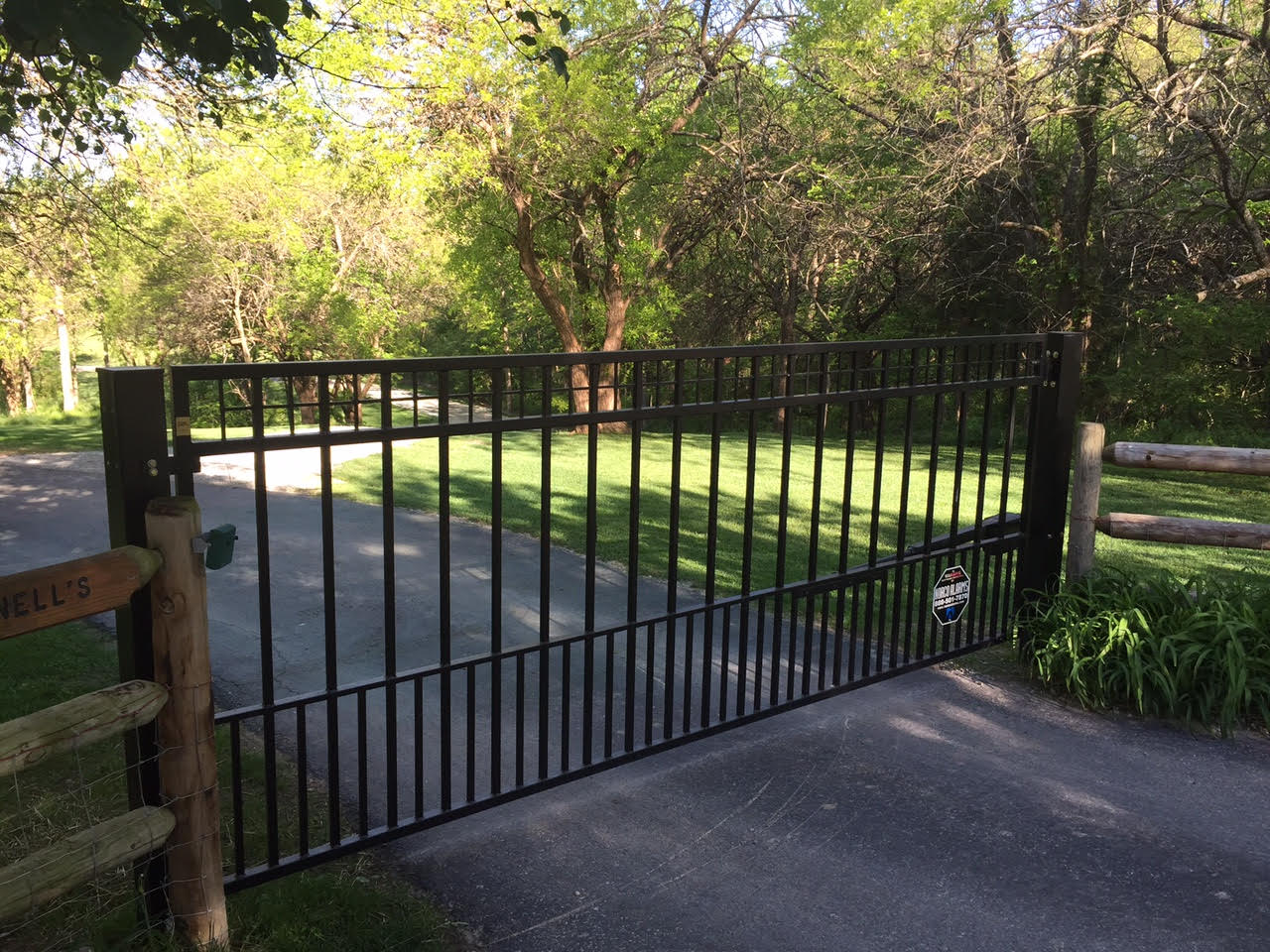
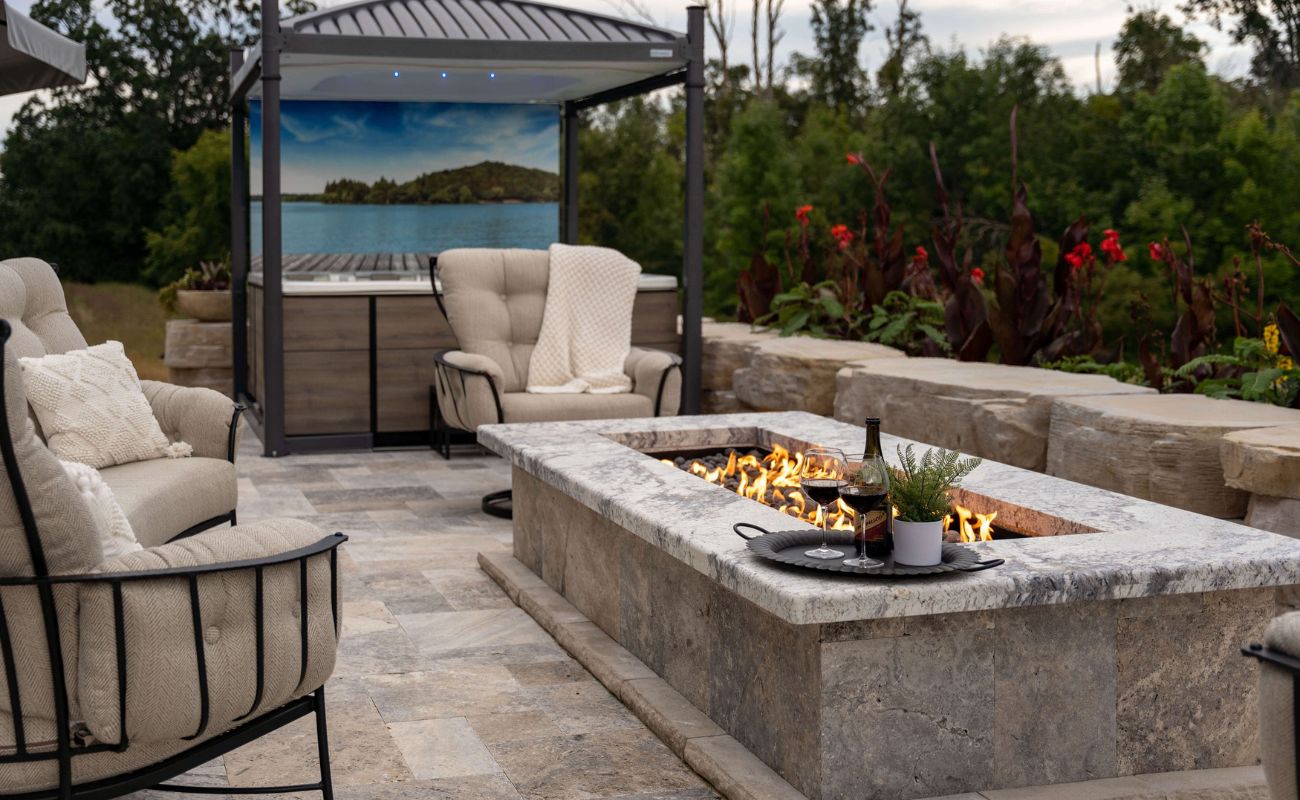
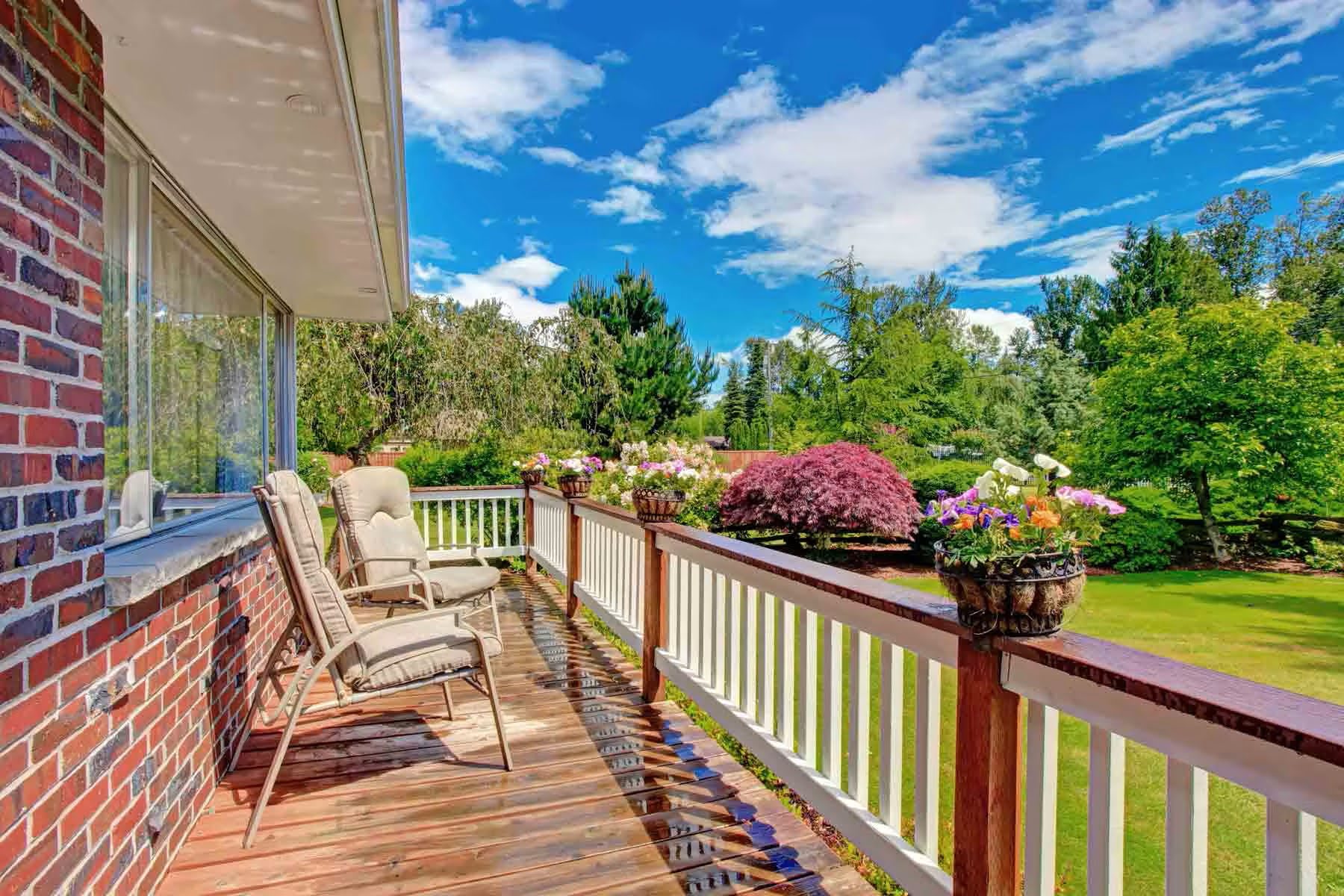
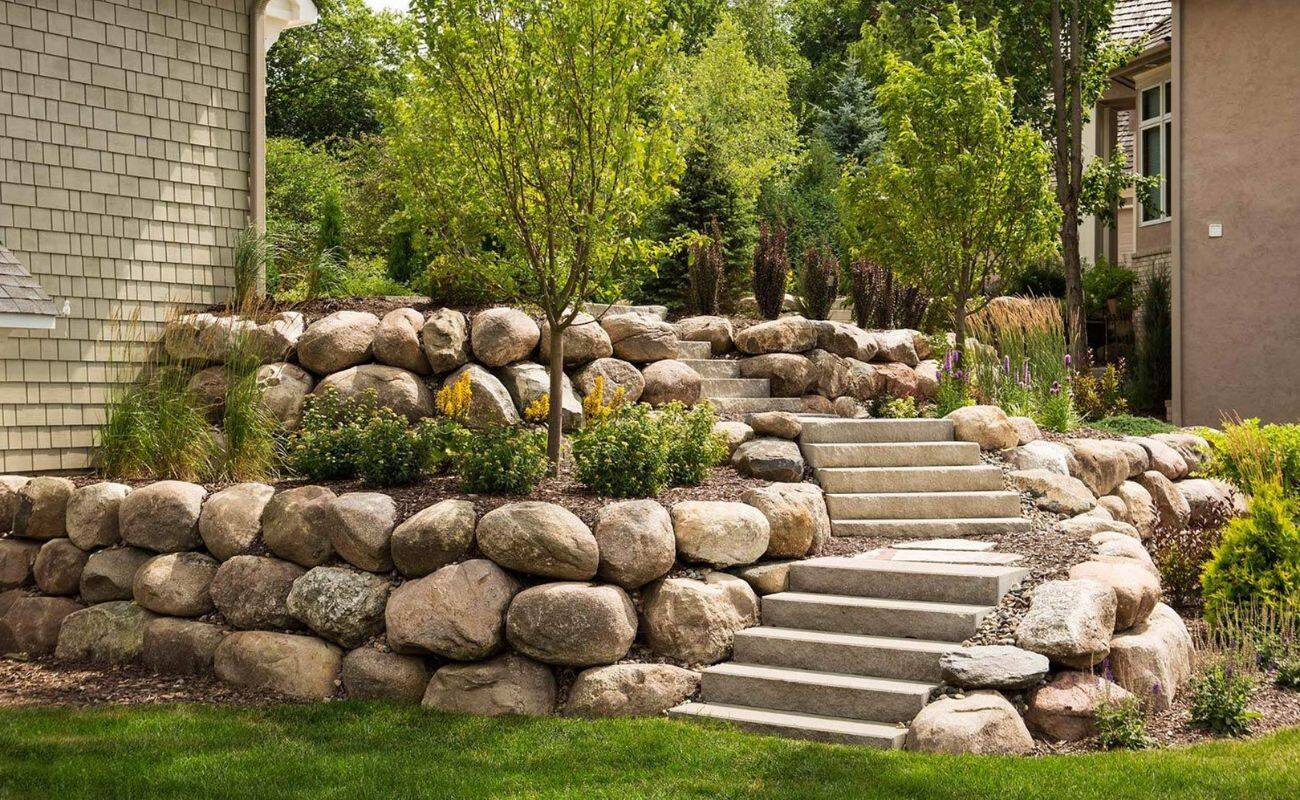

0 thoughts on “How Much Do Mirrors Cost”